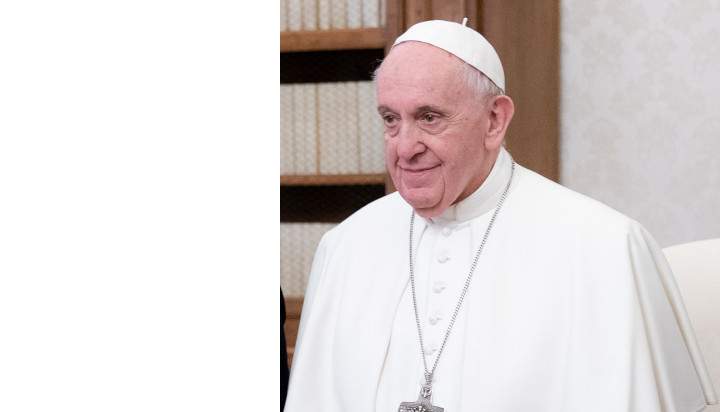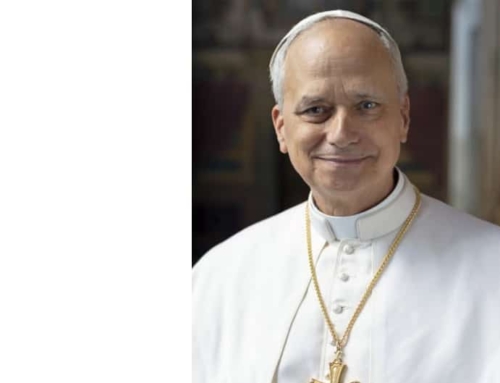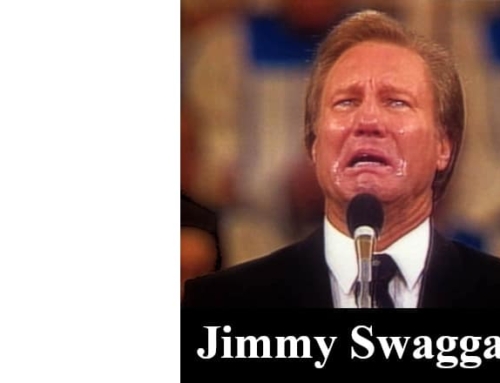The latest Pew Research Center poll on Catholics reveals that Pope Francis’ favorability rating is tanking. The survey does not attempt to explain why, though its findings are suggestive of what’s happening.
In 2015, the pope’s favorability rating was 90 percent. In 2021, it was 83 percent. Today it is 75 percent. Those Catholics who attend Mass at least weekly are the least supportive of him: his favorability rating is 71 percent.
Why are Catholics who are the most practicing also the least happy with Pope Francis? It is surely not because they are hearing the Holy Father denounced from the pulpit—that just doesn’t happen. But we know from virtually every survey that these Catholics are mostly orthodox, and it is likely that they are also more attentive to what he has been doing. That may explain their relative dissatisfaction with him.
In the few years since the last poll in 2021, the pope has endorsed civil unions, putting no conditions on its acceptance. More provocative was his decision to allow the blessing of homosexual couples; it has led to unprecedented pushback by the clergy all over the world.
He reorganized the Congregation for the Doctrine of the Faith as the Dicastery for the Doctrine of the Faith, appointing Cardinal Victor Manuel Fernandez to head it; he previously published a book that was seen by many as pornographic. More than anyone, he defended same-sex blessings.
Pope Francis allowed Fr. Marco Rupnik, a fellow Jesuit, to remain a priest in good standing, notwithstanding his being thrown out of the Society for Jesus for sacrilegious and sexual offenses. After Rupnik was excommunicated, he was reinstated. The pope similarly failed to deal forthrightly with his Jesuit friend, Bishop Gustavo Zanchetta, who was sentenced to prison by an Argentine court for sexually abusing seminarians.
The pope has put severe restrictions on the Latin Mass, curtailing its availability and alienating millions of Catholics. After San Francisco Archbishop Salvatore Cordileone publicly denied Communion to Rep. Nancy Pelosi, the pope granted her a private audience at the Vatican. He dismissed one of his critics, Bishop Joseph Strickland of the Diocese of Tyler, Texas, and stripped Cardinal Raymond Burke of his salary and his subsidized apartment in Rome.
All of these issues, and others like them, are seen by many practicing Catholics as wrongheaded. It is not likely that at this late date in his pontificate that Pope Francis will be able to substantially increase his favorability rating with these Catholics.







